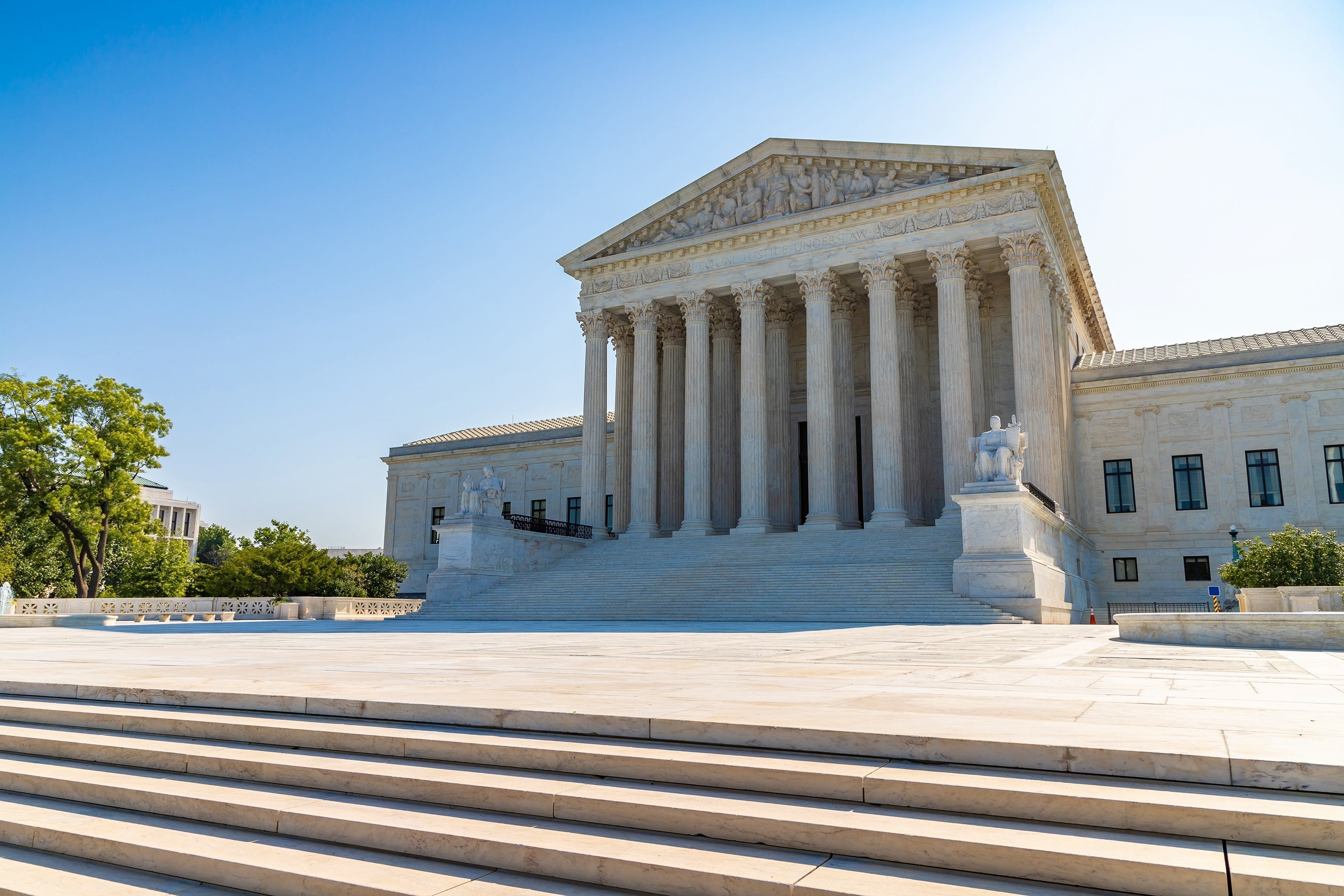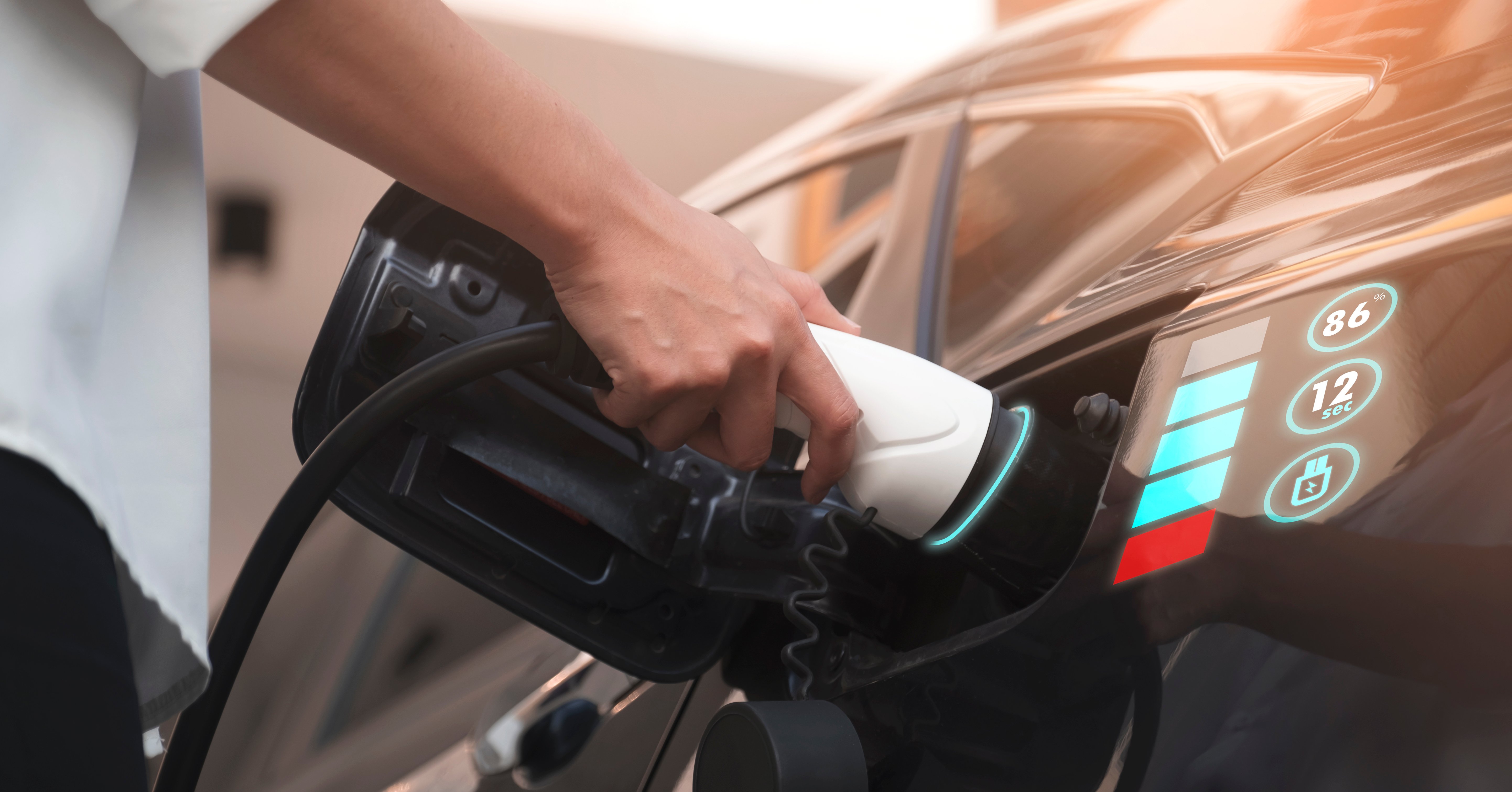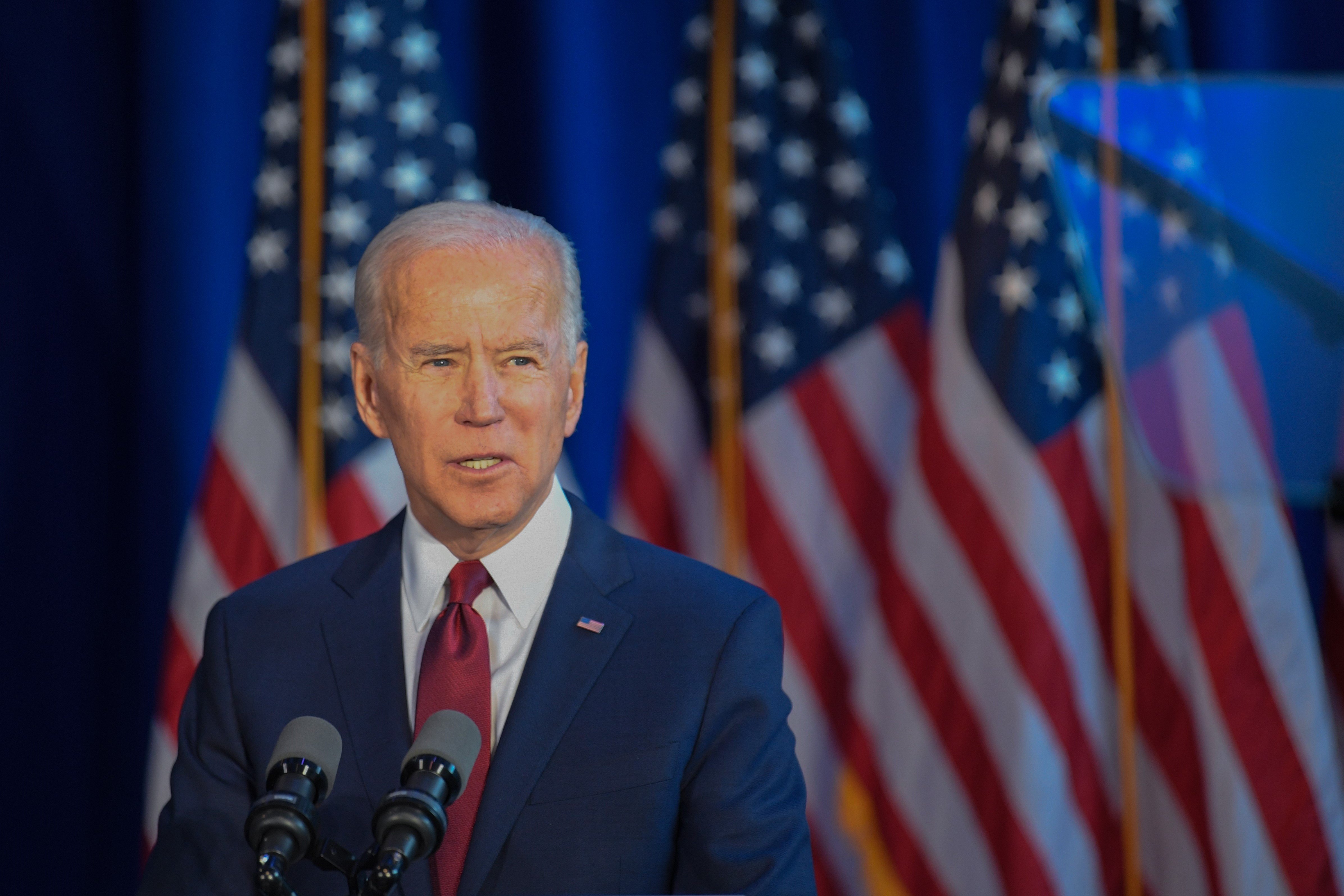How will Californians' rejection of Assembly Bill 5 impact the gig economy in Europe?
by Matthew Niblett on 17 Nov 2020
Amid the fallout from the U.S. election, you might be forgiven for failing to notice that something very significant happened for the gig economy on polling day. Voters in California approved Proposition 22, a ballot measure sponsored by Uber, Lyft, and Postmates, to classify ride hailing and delivery drivers as independent contractors, rather than employees, unless certain criteria are met. This means that, barring a legal challenge or repeal in the California state legislature, the gig economy companies will not have to adhere to Assembly Bill 5. This is a major victory for the sector.
In a previous blog we explored whether AB5 would lead to similar regulatory interventions in Europe. To date, there has not been as comprehensive an attempt to bring gig workers within the ambit of traditional employment legislation as happened in California. Indeed, Proposition 22 may well give policymakers in Europe pause for thought when it comes to regulating gig work. The victory for the gig economy companies in the vote can, after all, be interpreted as a vindication of their business model by voters.
The dispute in California predates the COVID-19 crisis, but to some extent this may have worked in the gig companies’ favour. Coronavirus has arguably shown us just how vulnerable gig economy workers are. After all, people have been forced to continue working during nationwide lockdowns, putting themselves at risk of infection in the process, because they are not entitled to sick pay or other welfare benefits associated with employment in modern states.
However, the crisis has also shown consumers, and by extension, voters how reliant they are on the services provided by gig economy companies. Ride hailing vehicles seem much more attractive than crowded buses and trains in times of a pandemic, whilst deliveries of food, medicine, and groceries allow us to obtain what we need to live our lives without risking infection by going to the shops.
We at Inline have touched on this particular tension in an earlier blog post. The victory for Proposition 22 can be explained, at least in part, by the fact that the first problem is much more solvable than the second. Gig economy companies have in many cases extended benefits to their workers such as sick pay and holidays, offsetting to an extent the costs associated with self-employment over employment. Coronavirus, on the other hand, will be around for the near future, despite stories of a vaccine, and we continue to rely on home deliveries and car journeys to get around, not least as many countries head into lockdown for a second wave this winter.
Victory for Proposition 22 therefore begs the question: if gig work cannot be rolled into existing employment frameworks, what is the solution? COVID-19 has seen something of a crossing of the Rubicon by gig economy companies – it will be tricky for them to remove the benefits that they have recently granted to their workers. Uber’s CEO Dara Khosrowshahi has laid out his own thoughts, a “third way” that would see companies obliged to create benefits funds that workers can use to access different perks, from healthcare to paid time off. The WorkerTech revolution is already allowing workers to access different services and protections via technology. Victory for Proposition 22 and more flexible forms of working could well add some momentum to this sector, which in many places seeks to replicate employment benefits for the modern gig worker.
The European Commission has pledged to review the situation of platform workers during its term. It, along with policymakers in London, Paris, Berlin, and elsewhere, might cast an eye across the Atlantic when deciding what steps to take next.
Topics: US Politics, Gig economy, WorkerTech






Comments